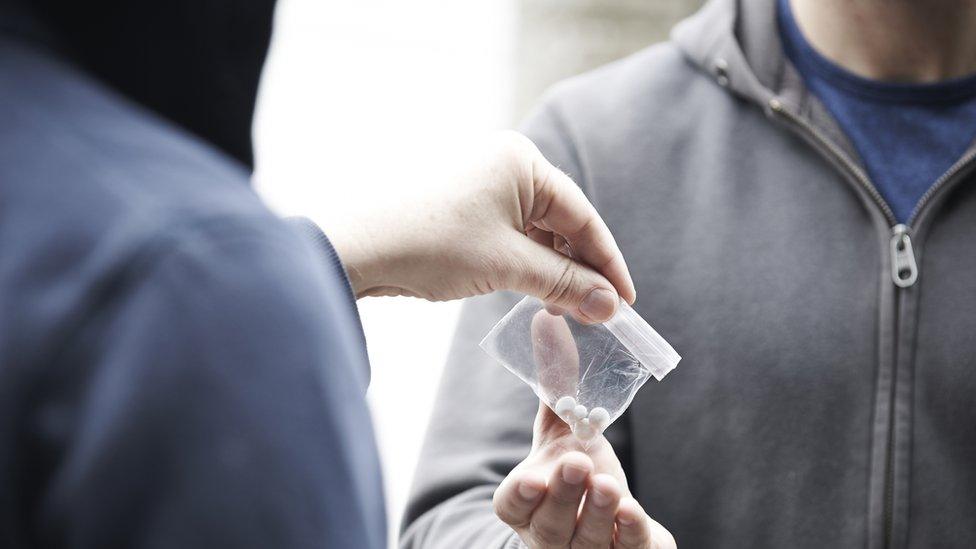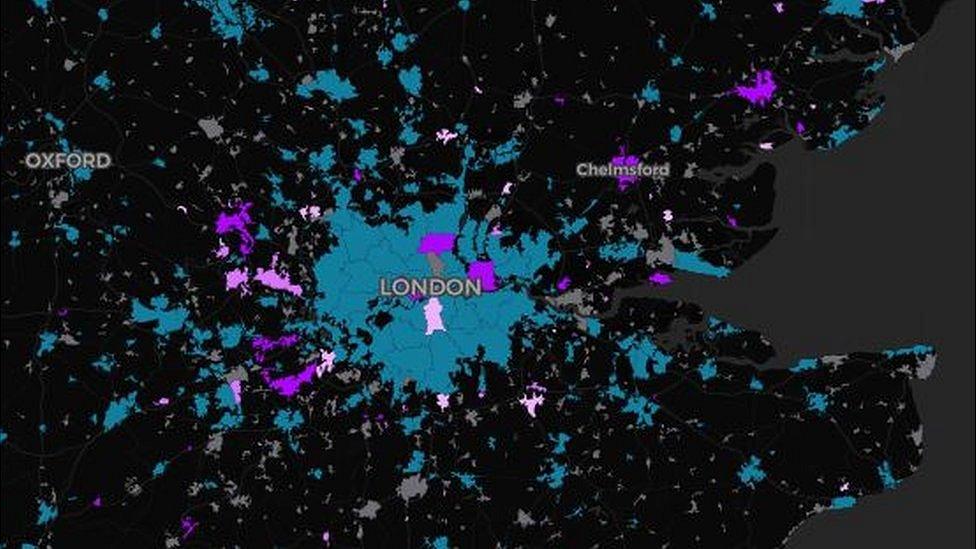County lines gangs 'lead to more children in care' in Flintshire
- Published

One councillor said children were suffering in "a terrible time ... it's like going back to the Victorian era"
Exploitation by criminal gangs is a factor behind a rise in the number of children taken into care in Flintshire, a senior figure has said.
Figures show an increase from 160 in care in 2011 to 251 in 2019.
Social services chief officer Neil Ayling said the Welsh county was a target for "county lines" drug networks.
More work is being done to prevent family breakdowns and to find out why youngsters leave home.
Mr Ayling told councillors: "We're a border county, we're close to the major metropolitan areas and you can see that clearly impacts Flintshire around child sexual exploitation and criminal exploitation.
"That is the reality of some of our young people's lives unfortunately in this part of the world."
New services include the appointment of a missing person's co-ordinator, and a help hub to work with troubled families, according to the Local Democracy Reporting Service.
'So vulnerable'
Domestic violence, parental drug use and mental health issues were also factors resulting in more children going into care, councillors heard.
Councillor Christine Jones, the cabinet member for social services, said the situation had been getting worse.
"We've got county lines coming in, Universal Credit and deprived areas in many of our villages and towns," she said.
"Children are so vulnerable, and they live in such a terrible time - it's like going back to the Victorian era."
A report revealed that Flintshire County Council was set to overspend its budget by almost £3m this year, with £2m of that due to the demand for children's care placements.
It said placements with agency foster carers cost £44,000 a year, double the rate for carers on the council's books.
Chief executive Colin Everett said giving council tax discounts was one of the incentives on offer to attract more in-house foster carers.
- Published17 September 2019

- Published16 September 2019

- Published5 September 2019

- Published12 August 2019

- Published9 May 2019

- Published16 May 2018
